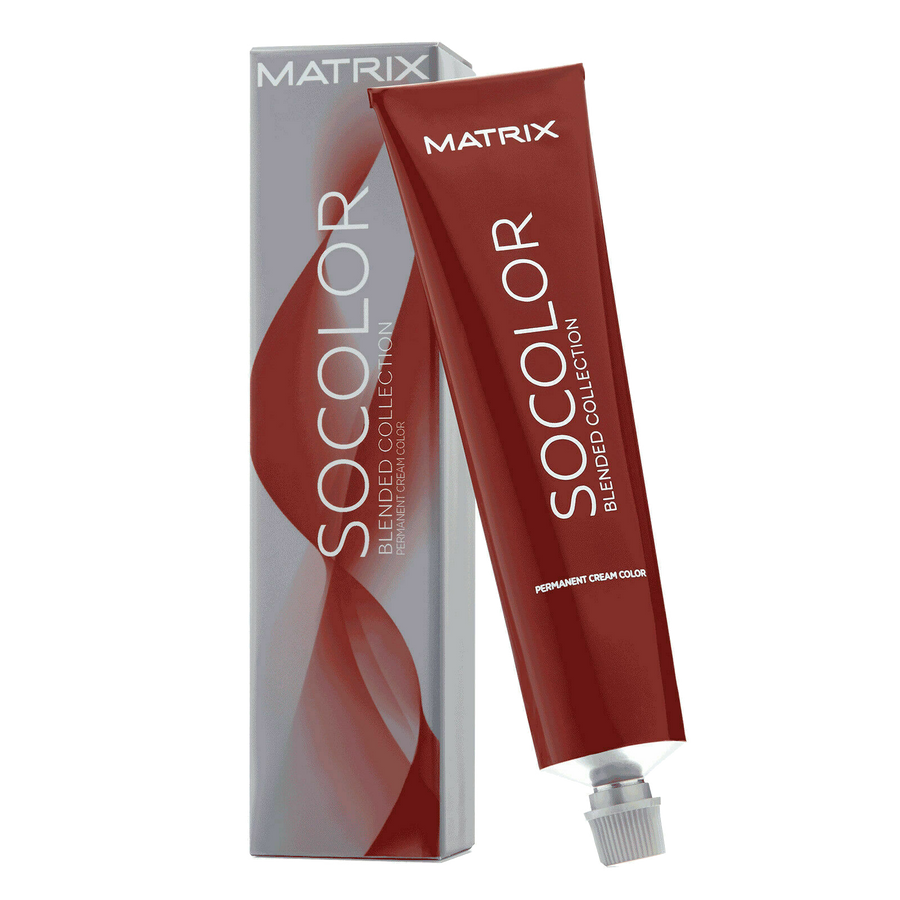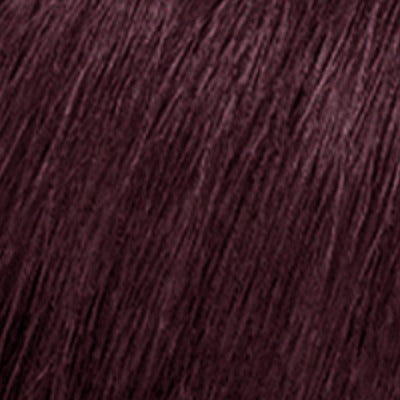The Benefits and Uses of Hair Conditioner
Hair conditioner is a hair care product that is used to improve the texture, manageability, and appearance of hair. It is applied after shampooing and helps to reduce tangles, frizz, and breakage, leaving the hair soft, shiny, and easy to style. This article will discuss whether hair conditioner is good for hair, its benefits, and its uses.
Is Hair Conditioner Good for Hair?
Yes, hair conditioner is good for hair. It helps to improve hair health in several ways. Firstly, it provides moisture to the hair, essential for keeping it hydrated and healthy. Dry hair is more prone to breakage, split ends, and frizz. Conditioner helps restore the natural oils and moisture lost during shampooing.
Secondly, conditioner helps to detangle the hair, which reduces breakage and hair fall. Tangled hair is more likely to break when combed or brushed, causing damage to the hair shaft. Conditioner smooths out the hair's cuticle, making it easier to comb or brush and reducing the risk of breakage.
Thirdly, the conditioner helps to protect the hair from environmental damage. Pollution, heat styling, and UV rays can all damage the hair and leave it dry, dull, and brittle. Conditioner forms a protective barrier around the hair, preventing damage and keeping it healthy.
Benefits of Using Hair Conditioner
Using a hair conditioner has several benefits for the hair. Some of the most notable benefits include:
- Improved texture: Conditioner helps to smooth out the cuticle of the hair, making it softer, smoother, and more manageable.
- Increased shine: Conditioner adds shine to the hair, making it look healthy and vibrant.
- Reduced breakage: The conditioner detangles the hair, reducing breakage and hair fall.
- Protection from environmental damage: The conditioner forms a protective barrier around the hair, preventing damage from pollution, heat styling, and UV rays.
- Enhanced hair growth: Conditioner nourishes the hair, promoting healthy hair growth.
Uses of Hair Conditioner
Hair conditioner can be used in several ways, depending on the needs of the hair. Some of the most common uses include:
- After shampooing: The most common use of hair conditioner is to apply it after shampooing. This helps to restore moisture to the hair and detangle any knots or tangles.
- Deep conditioning: Deep conditioning involves leaving the conditioner on the hair for an extended period, typically 30 minutes to an hour. This allows the conditioner to penetrate deeply into the hair, providing extra moisture and nourishment.
- Leave-in conditioner: Leave-in conditioner is applied to the hair after washing and is not rinsed out. It provides extra moisture and protection to the hair, making it easier to style and reducing frizz.
- Pre-shampoo conditioning: Pre-shampoo conditioning involves applying conditioner to the hair before shampooing. This helps to protect the hair from the harsh chemicals in the shampoo and provides extra moisture.
- Co-washing: Co-washing involves using conditioner to wash the hair instead of shampoo. This is particularly useful for people with dry or curly hair, as it helps to retain moisture and prevent frizz.
Conclusion
Hair conditioner is an essential hair care product that helps to improve the texture, manageability, and appearance of hair. It provides moisture to the hair, detangles it, and protects it from environmental damage. Using hair conditioner has several benefits, including improved texture, increased shine, reduced breakage, protection from environmental damage, and enhanced hair growth. Hair conditioners can be used in several ways, including after shampooing, deep conditioning, leave-in conditioning, pre-shampoo conditioning, and co-washing. Overall, hair conditioner is vital to any hair care routine and should be used regularly for healthy, beautiful hair.
Get your hair styling products and hair tools here at Smooth & Charming. Our online hair care store is dedicated to providing hig-quality products for all hair types and textures. Shop now.




